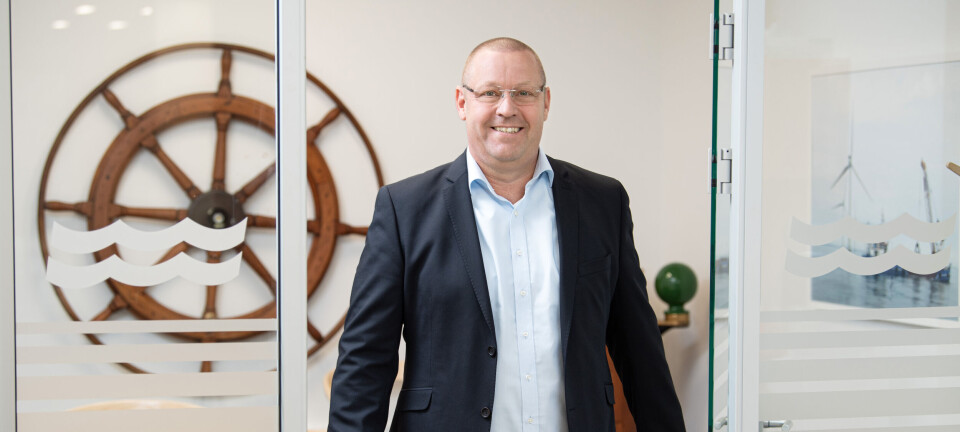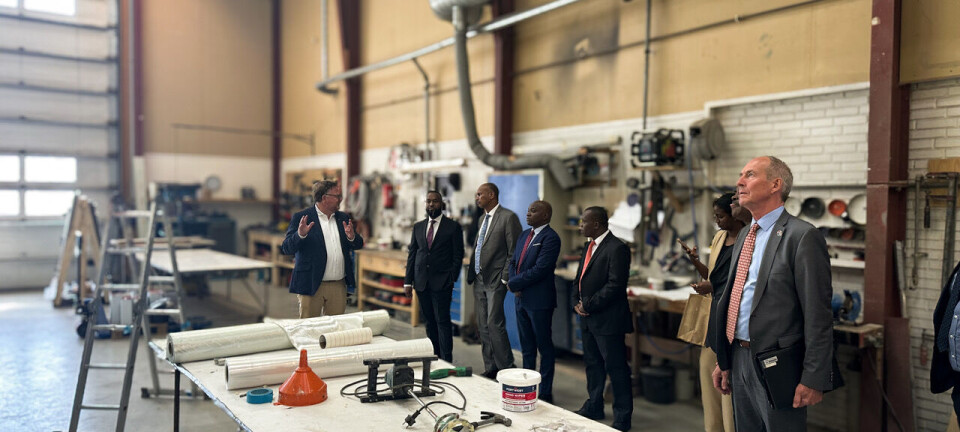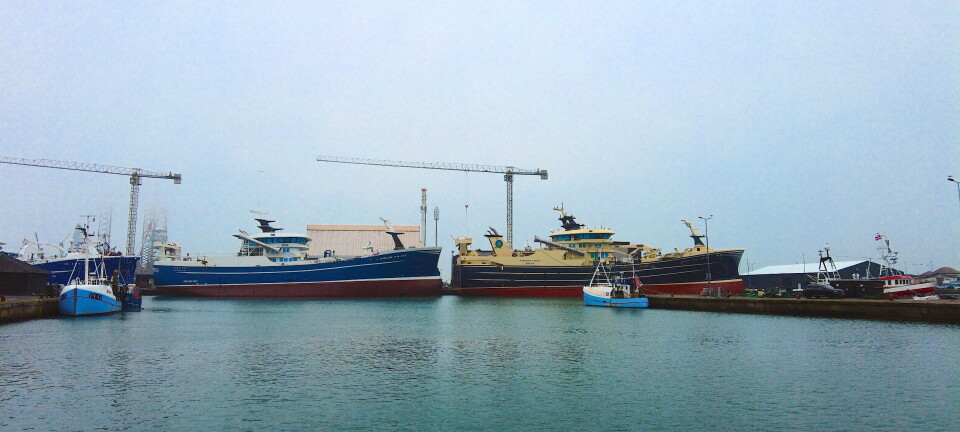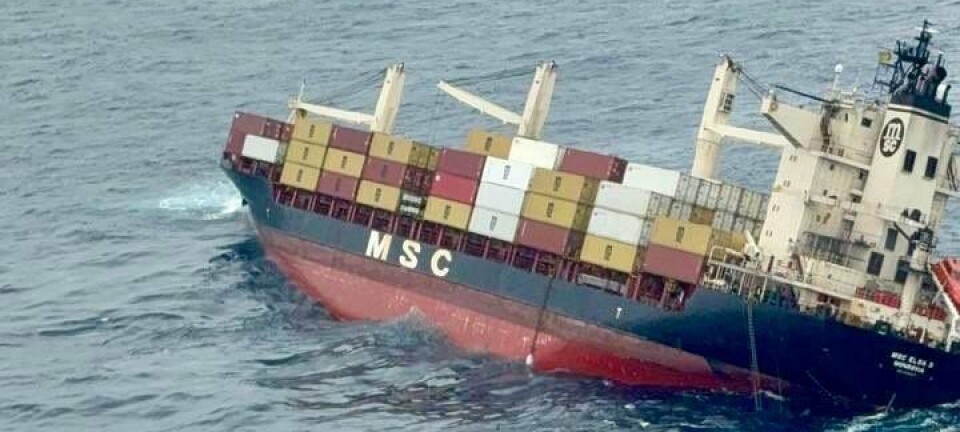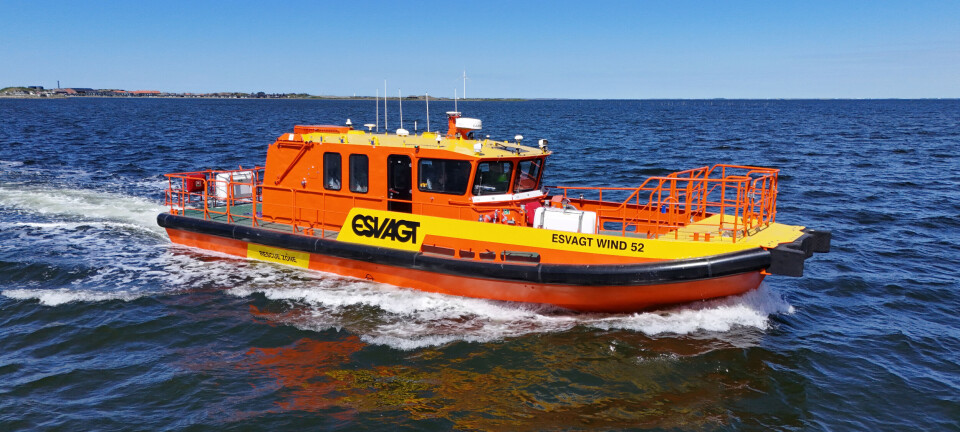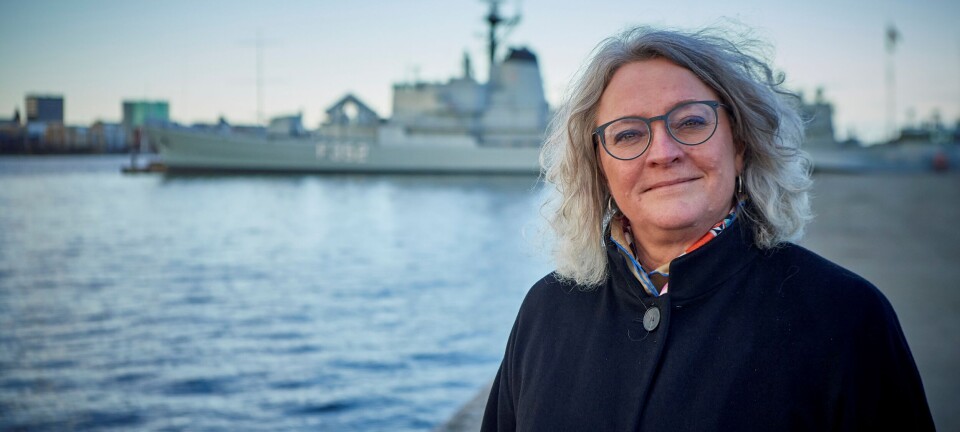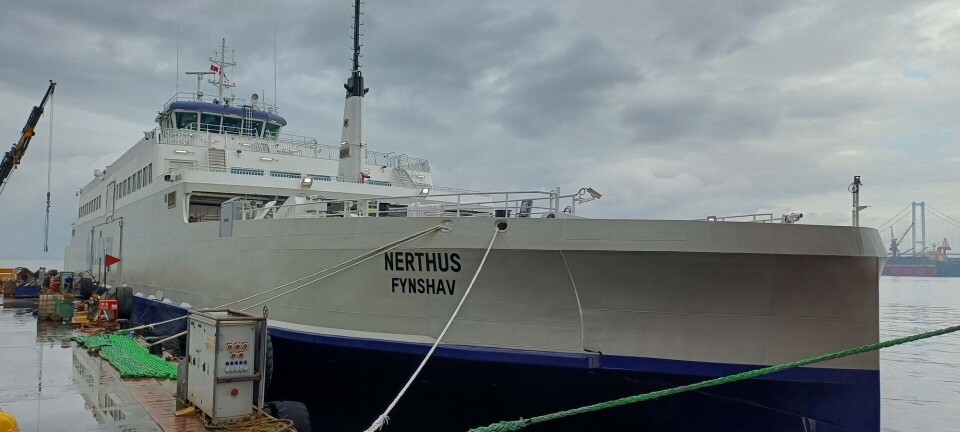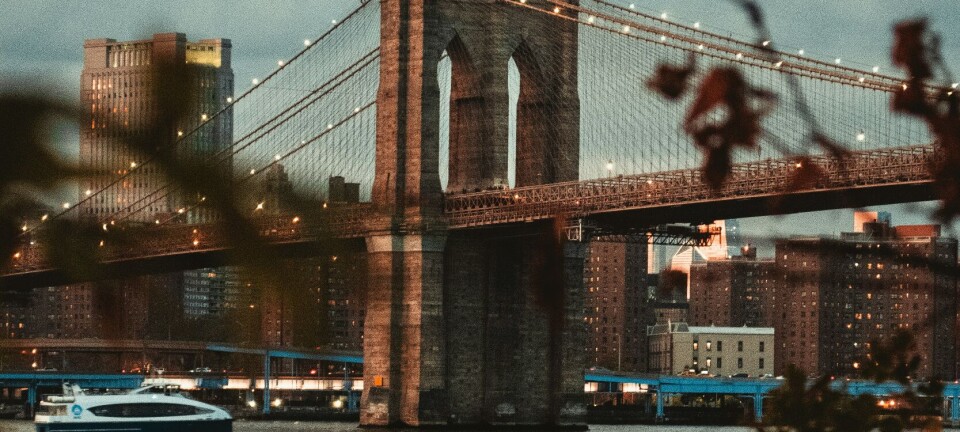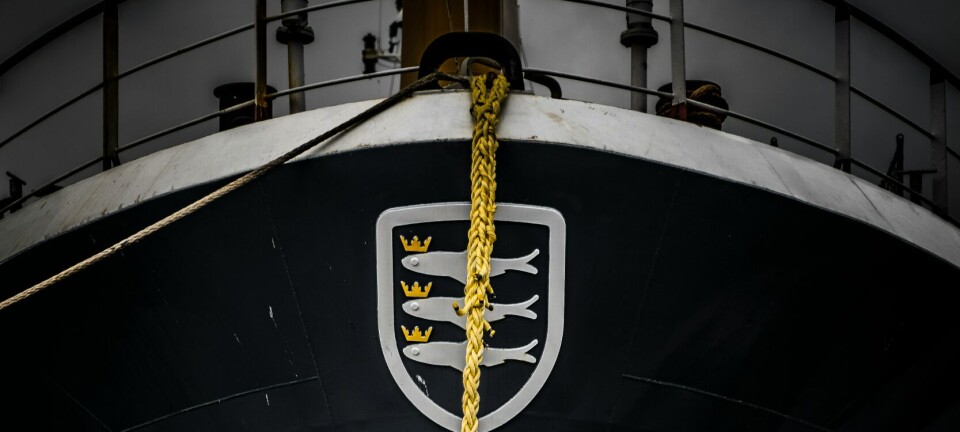Slow Boats to China: the future of modern travel?

In praise of slow travel.
By Marc Allen, UK Editor.
In the ’80s, travel writer Gavin Young wrote the wonderfully evocative travel narratives, Slow Boats to China and Slow Boats Home. The books gave my impressionable teenage mind a searing, pungent flash of a world far beyond the confines of my school dormitory, and I resolved that one day, I too, would see the fabled Orient via the heaving deck of a cargo ship.
Time passed and the world shrank. I travelled, but largely by air, and although there was a thrill in catapulting myself halfway around the globe in an aluminium tube, I ended up denying myself the romance of the slow metronomic pace of a sea voyage and that first whiff of a foreign country on an offshore breeze. In short, I’d missed the boat.
Passage aboard a cargo ship used to be more mainstream; people still do it, but air travel has become so cheap, that merchant vessels have fallen off the radar of many travellers. Fast and convenient, but with little else to recommend it, flight is cramped, exhausting, and its environmental impact is huge. These days it offers nothing in the way of adventure, cachet, or romance, and, in increasingly large circles, entails social stigma.
The only sensible, sustainable alternative: the sea
I predict that green travel – at least among those that care about the environment – will become the only travel. And green, until we have zero-emission planes, is going to mean slow travel. Eco-hybrid ships, sailing vessels, train, bicycle, and boot are green, and because of the time and commitment involved, offer the chance of real travel, not just two-weeks’ temporary respite from the daily grind.
According to Flightradar24, air travel is down 42 per cent this year due to the Covid pandemic, and increasing environmental awareness now makes air travel a moral non-starter for growing numbers of people – even with so-called ‘carbon offsetting’, many feel uncomfortable about burning fossil fuel just to indulge a yearning for a foreign holiday.
So, the time is ripe for a paradigm shift; ships are becoming greener, people have discovered remote working, air travel is diminished and ethically dubious, and yet, we all still want the unalloyed pleasure of movement, of removing ourselves from everyday routine, of packing a bag and striking out into the wonderful green and blue planet we call home.
A new era
The pandemic has affected so many aspects of our lives that we’re still processing the changes it has wrought. We feel grief for the loss of our freedom and yearn for the chance to cut loose and head for the horizon. Sea travel has not stopped, it has boomed, and those with a real desire to travel will not be held back by time or lack of convenience. I believe we will see far more people choosing to travel by sea; be it on an eco-hybrid cargo ship, a dhow, or a topsail schooner, and companies must respond.
As a start, shipping lines should increase provision for paying passengers. The far-sighted will build truly zero-emission passenger liners. No bells, no whistles; just a clean bunk, three square meals a day and a reasonable price for the privilege of movement. For that is what travel is, was, and will continue to a be: a privilege and not a right.
During the dire year that has just passed, many have discovered that there is little we can take for granted, and much we must be thankful for. As civilisation evolves to cope with meeting the challenges of Covid and climate change, slow travel will become the norm, but rather than shrinking the world for us, it will enlarge it. Perhaps when we are forced to consider the enormity, diversity and wonder of our world, we will finally give it the respect it deserves.

